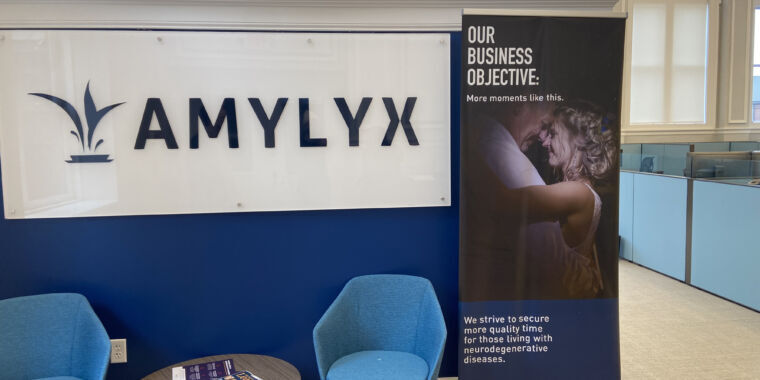Last month, the company announced the top-line results from that 48-week, randomized, placebo-controlled trial involving 664 patients: Relyvrio failed to meet any of the trial’s goals. The drug did not improve patients’ physical functions, which were scored on a standardized ALS-specific test, nor did it improve quality of life, respiratory function, or overall survival. At that time, the co-CEOs of the company said they were “surprised and deeply disappointed” by the result, and the company acknowledged that it was considering voluntarily withdrawing the drug from the market.


This is the best summary I could come up with:
However, the data behind the controversial decision was shaky at best; it was based on a study of just 137 patients that had several weaknesses and questionable statistical significance, and FDA advisors initially voted against approval.
Still, given the severity of the neurogenerative disease and lack of effective treatments, the FDA ultimately granted approval under the condition that the company was working on a Phase III clinical trial to solidify its claimed benefits.
In the announcement on Thursday, the company called Relyvrio’s market withdrawal a “difficult moment for the ALS community.”
Amylyx is now “restructuring” to focus on two other drug candidates that treat different neurodegenerative disease.
Relyvrio is part of a series of similarly controversial drugs for devastating neurodegenerative diseases that have gained FDA approval despite questionable data.
In January, drug maker Biogen announced it was abandoning Aduhelm, a highly contentious Alzheimer’s drug that failed two large trials prior to its heavily criticized approval.
The original article contains 388 words, the summary contains 155 words. Saved 60%. I’m a bot and I’m open source!